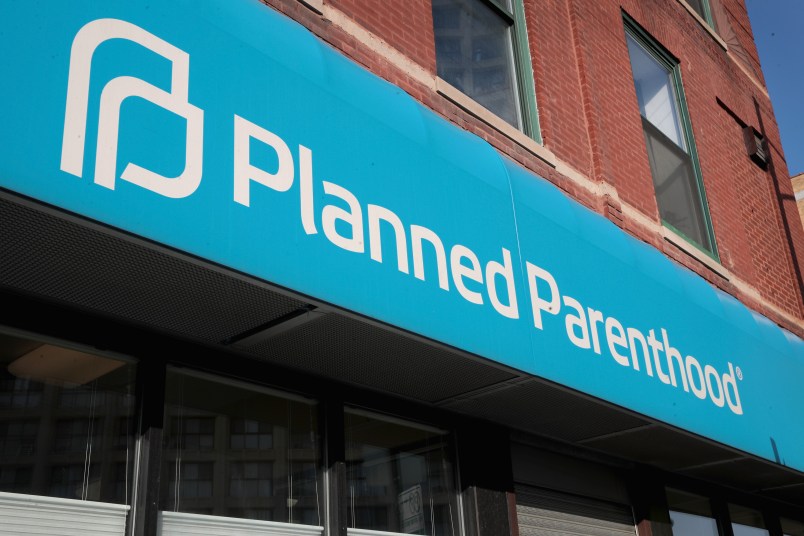
Kansas’ corporation-regulating body is considering new rules to require companies disclose some information about what chemicals they inject into the ground for hydraulic fracturing, or “fracking,” wells, the Associated Press reported Monday.
Under the proposed rules, companies would have to submit information about each injected chemical to a public state registry, or to the FracFocus.org database. If the company considers the chemical a trade secret, however, this rule does not apply.
In some states, fracking rules stipulate that trade secret information can be withheld from the public, but must be provided to the state regulatory body. In the event of a spill or other emergency, the state agency would have information about the proprietary mix of chemicals on hand, though they would still remain confidential to the public.
Under the proposed rules in Kansas, companies are not required to disclose trade secret chemicals to the regulatory agency unless a need arises, as in the event of a spill, in which case the company must provide the chemical information to regulators and medical personnel within two days.
“This is as far as other states have gone,” Ryan Hoffman, the Kansas Corporation Commission attorney who outlined the proposed regulations for legislators, told the Associated Press.
The KCC plans to hold a hearing on the rules on Aug. 15 in Wichita.
Photo: In this March 29, 2013 photo, a worker helps monitor water pumping pressure and temperature, at the site of a natural gas hydraulic fracturing and extraction operation run by Encana Oil & Gas (USA) Inc., outside Rifle, in western Colorado.
Clarification: A previous version of this post said that “many” states had fracking rules that forced companies to disclose trade secrets to a regulatory body but allowed them withhold those secrets from the public. But information published by ProPublica showed those rules only apply in a handful of states. The post has been updated to indicate those are the rules in “some” states. It has also been updated to indicate that the rules are designed so that the state has the information on hand in case of an emergency.
Correction: Because of an error by the AP, this post originally said the hearing would be held on Aug. 10. It is actually scheduled for Aug. 15.






